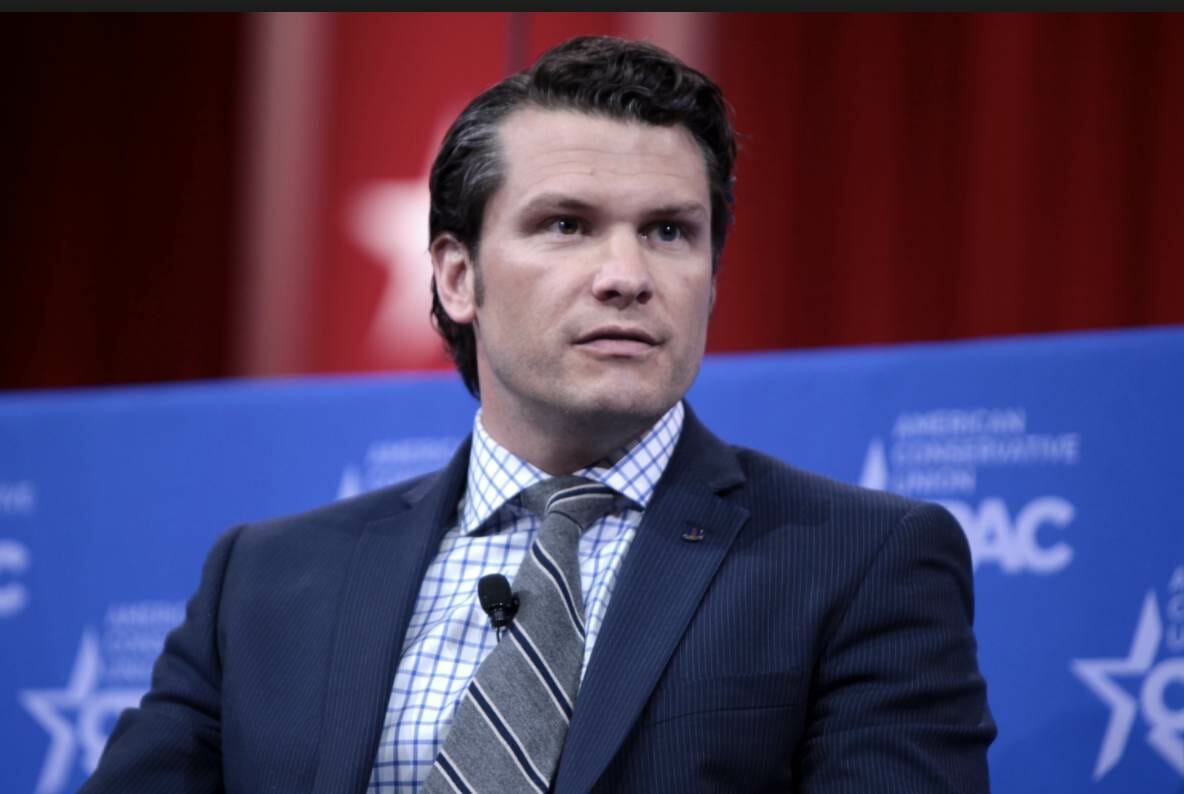The New Orleans incident, which occurred on January 1, involved a tragic assault where a pickup truck was driven into a crowd on Bourbon Street. This attack resulted in the deaths of 14 people and left dozens injured. Among the injured were two police officers who engaged in a gunfire exchange with the suspect, who was later pronounced dead. The suspect was found with weapons, improvised explosive devices, and an ISIS flag, raising significant concerns about domestic terrorism.
Give Me News Podcast
Senator Blackburn’s letter expressed deep concern over the attack, emphasizing the need for federal law enforcement agencies to adequately prevent and respond to such threats. She stressed the importance of understanding the circumstances that led to this violent act and questioned whether current federal measures are sufficient to safeguard the public.
In response to these events and the closure of the DEI office, former President Trump issued an order for the FBI to preserve all records related to the office. He expressed strong opinions on the matter, describing the office’s existence as unnecessary and hinting at underlying corruption. Trump’s demand for record preservation underscores the contentious nature of the office’s closure and the broader debate over its role and effectiveness.
This development comes as Trump has officially nominated Kash Patel to serve as the FBI Director in his upcoming administration. Patel is expected to bring a new direction to the bureau, aligning with Trump’s vision for the agency. The nomination reflects a strategic shift in leadership, anticipated to influence the FBI’s future policies and operations.
Director Christopher Wray, who has led the FBI since 2017, announced his intention to resign before the transition of power. His decision to step down has added another layer to the unfolding narrative, as the agency prepares for a potential change in leadership under Trump’s administration.
The closure of the DEI office and the subsequent political reactions highlight the ongoing debate over the role of diversity and inclusion initiatives within federal agencies. Proponents argue that such offices are crucial for fostering an inclusive environment and addressing systemic biases, while critics often view them as extraneous or misaligned with core agency missions.
The FBI’s decision to close its DEI office quietly has not gone unnoticed, sparking discussions about transparency and accountability within the bureau. The timing of the closure, just before a new administration’s inauguration, has further fueled speculation and debate about its motivations and implications.
This situation is emblematic of the broader national discourse on diversity, equity, and inclusion, reflecting the varying perspectives on how these principles should be integrated into government operations. The tension between maintaining traditional security priorities and embracing progressive social policies is evident in the responses from different political and public sectors.
As the FBI transitions under new leadership, the agency will likely face scrutiny regarding its approach to diversity and how it balances this with its mandate to protect national security. The closure of the DEI office may signal a shift in focus, potentially impacting the bureau’s internal culture and its engagement with broader societal issues.
The future of DEI initiatives within the FBI remains uncertain, with potential changes hinging on the priorities set by incoming leadership and the evolving political landscape. As discussions continue, the agency’s direction will be closely watched by stakeholders invested in both national security and social justice.
This evolving narrative serves as a reminder of the complexities involved in managing federal agencies, where operational efficiency, public accountability, and socio-political considerations must be continually balanced. The FBI’s path forward will likely require navigating these multifaceted challenges while adapting to new leadership directives.
The recent developments surrounding the FBI’s DEI office highlight the intricate interplay between politics and policy, illustrating how changes in administration can significantly impact governmental priorities and operations. This case underscores the importance of clear communication and strategic planning in federal agencies’ decision-making processes.
As the political climate continues to evolve, the implications of the FBI’s DEI office closure will remain a topic of interest, influencing discussions on diversity and inclusion strategies across federal agencies. The outcome of these discussions could shape the future of DEI efforts, not only within the FBI but across the broader federal landscape.
The unfolding situation serves as a case study in governance, offering insights into the challenges and opportunities associated with implementing and sustaining diversity and inclusion initiatives in public institutions. The lessons learned from this experience may inform future policy decisions and organizational strategies, contributing to a more inclusive and responsive federal workforce.

